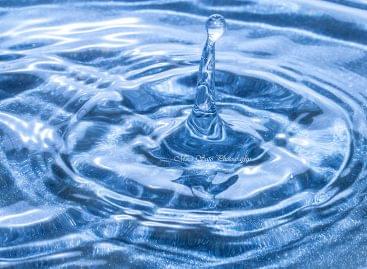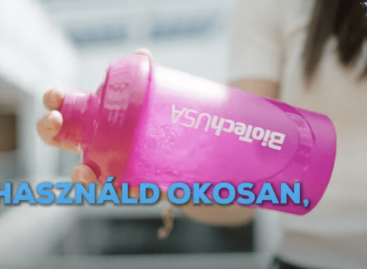Without water, there is no gold medal
Adequate fluid intake is essential for the optimal functioning of our body, which we must pay attention to even during hobby sports, but it can significantly affect performance in competitive athletes. What is the ideal fluid intake during sports? – this is what the expert answers.

The hydration partner of the World Athletics Championships, Szentkirályi, asked an expert to explain the relationship between sports performance and adequate hydration. In addition to having a positive effect on our well-being, self-esteem and self-confidence, regular exercise can also have many beneficial effects on our body, as it balances the energy balance, maintains the cardiovascular system, and improves the muscle-fat ratio, which makes us fitter. According to Éva Kőrösi, head of the sports dietetics working group of the National Association of Hungarian Dietitians, it is not enough to find the right form of exercise to achieve outstanding sports performance, it is also worth paying attention to how much and when we drink.
For the normal functioning of the body, a daily fluid intake of 1.5-2 liters is recommended. In case of regular exercise, however, this amount is not sufficient to prevent dehydration.
Related news
Related news
NGM-VOSZ cooperation agreement for digital commerce security
🎧 Hallgasd a cikket: Lejátszás Szünet Folytatás Leállítás Nyelv: Auto…
Read more >








